DNS is a database consisting of domain names and IP Addresses. So, whenever we enter google.com or yahoo.com, our computer contacts DNS servers and asks what IP Address is associated with both domain names.
After getting the IP address, it connects to the visiting site’s web server. Then, it loads and displays the web content. You can visit any site through its IP address. Just type in the IP Address in the web browser, and you will see the website. However, we use the domain name because it’s easier to remember.
How Important is DNS?
Without DNS, the whole internet will not be accessible, and we will be rolled back to when the internet used to be a dream. We will be left with our computers, where we can only play offline games.
In the next part, we will discuss how different ISPs use different DNS servers. If you do not use a specific DNS server on your computer or router, you might use your ISP’s DNS servers.
Problems With DNS Servers
Usually, people face DNS-related issues because they choose to use the default DNS servers of their ISP. The DNS Servers assigned by ISPs are usually unstable and lead to problems connecting to different websites. You will get some unwanted browsing errors.
Some of the DNS errors include:
- DNS Lookup Failed On Google Chrome
- Err_Connection_Timed_Out Error
- Err_Connection_Refused Error
- Dns_Probe_Finished_Nxdomain Error
- DNS Server Not Responding On Windows
The list doesn’t stop here; if you are getting any of these errors, you can blame your DNS. However, DNS-related issues can be resolved by switching to Public DNS servers.
Benefits of Using Public DNS Servers?
There are multiple reasons why tech guys still prefer Public DNS servers over ISPs. The most probable reason is to avoid unwanted errors. Another thing is that public DNS servers like Google DNS and OpenDNS can improve your internet browsing speed because they improve the resolution time.
ISPs block access to certain websites by resolving their names with the wrong IP addresses. By using a public DNS, you can easily avoid such blocking. Furthermore, some public DNS, like Google DNS, resolves hostnames faster than ISPs.
So, which is the best Public DNS Server? (Google DNS vs. OpenDNS)
I think Google Public DNS Server is the best and one of the fastest DNS servers many users use. DNS Server Google ensures better security and a faster browsing experience.
The other best option is OpenDNS, a cloud-based DNS Server. With OpenDNS, you will get extended features like customizable filtering, theft and phishing protections, etc.
How To Switch To Google DNS To Speed Up Web Browsing
Using Google DNS On a Windows computer is easy; follow some simple steps below.
1. On your Windows computer, browse the Control Panel and choose Network and Sharing Center.
2. In the next window, click on the Change Adapter Settings.
3. Now, you will see your connected network. Right-click on the connected network and then click on Properties
4. Browse to the Networking tab, and under ‘This connection uses the following items’, select Internet Protocol Version 4 (TCP/IPv4) and click on properties.
5. Next, under General, choose Use the following DNS Server Addresses. Fill in the DNS Value 8.8.8.8 or 8.8.4.4, click OK, then restart your network.
Google DNS IP: 8.8.8.8 or 8.8.4.4
That’s it! You have just switched to the Google DNS Server. You will feel a noticeable improvement in browsing speed.
Switch DNS Using Public DNS Server Tool
Public DNS Server is one of the best DNS server changer software available for the Windows operating system. In this tool, users don’t need to go through manual stuff, as it can switch the DNS server automatically.
1. Visit this link and download the Public DNS Server Tool on your Windows computer. Once done, install the tool.
2. Run Public DNS Server, click on Backup, and then back up the current DNS settings for easy restoration.
3. In the next step, select the current network adapter from the drop-down menu.
4. Now you need to select the DNS server of your choice, like Google DNS or OpenDNS, and click on Change
Change DNS Server in Google Chrome
If you use the Google Chrome web browser, you can easily switch to Google DNS without changing your internet settings.
It’s pretty easy to switch to Google DNS on the Google Chrome browser. To do so, follow the steps we have shared below.
1. Open the Google Chrome browser on your computer.
2. When the Browser opens, click on the three dots at the top right.
3. On the Chrome menu, click on the Settings.
4. Now, switch to the Privacy and Security tab on the left.
5. On the right side, click on the Security.
6. Under the Advanced section, enable the toggle to Use secure DNS.
7. Click on the With drop-down and select Google (Public DNS).
After making the changes, restart your Google Chrome browser.
This is the Google DNS setting you can apply on your connected network to improve browsing speed. The methods we have shared will surely speed up web browsing. If you have any other doubts, make sure to discuss them with us in the comments.
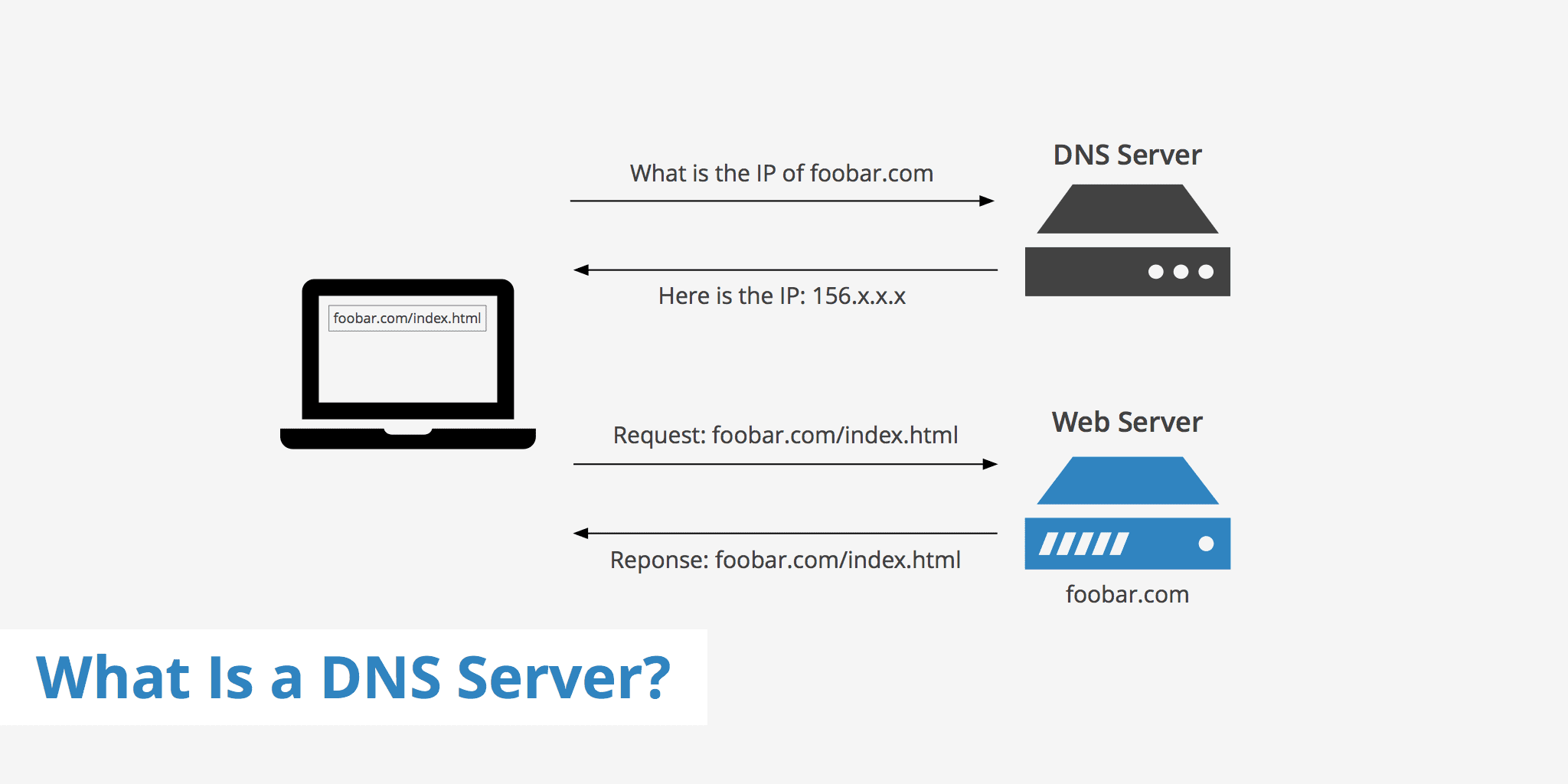

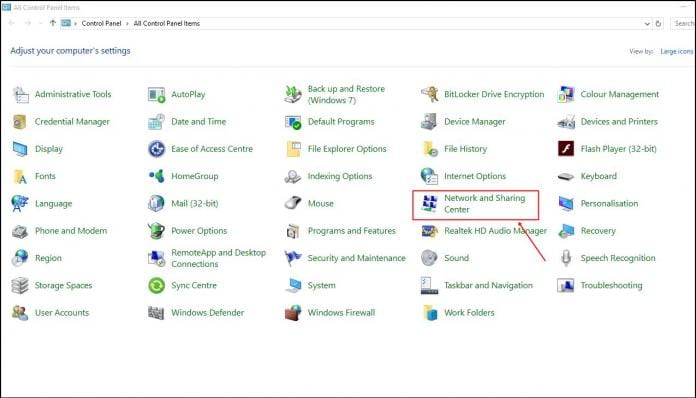
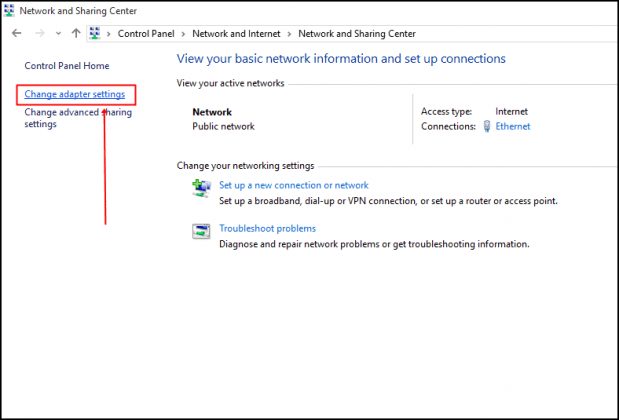
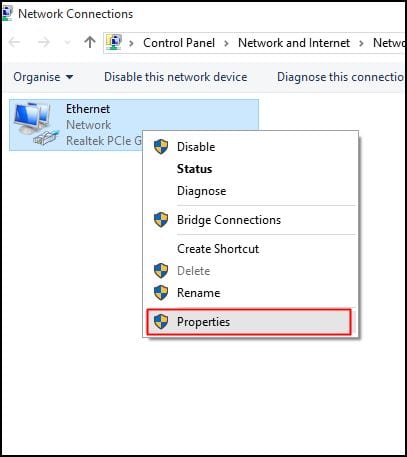
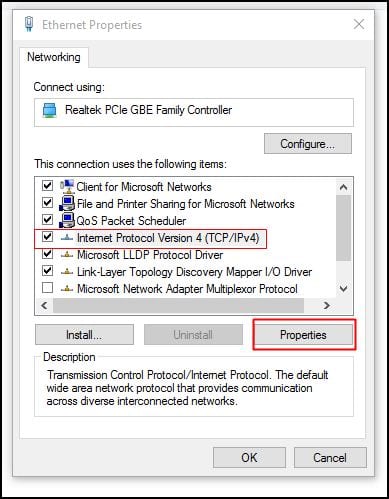

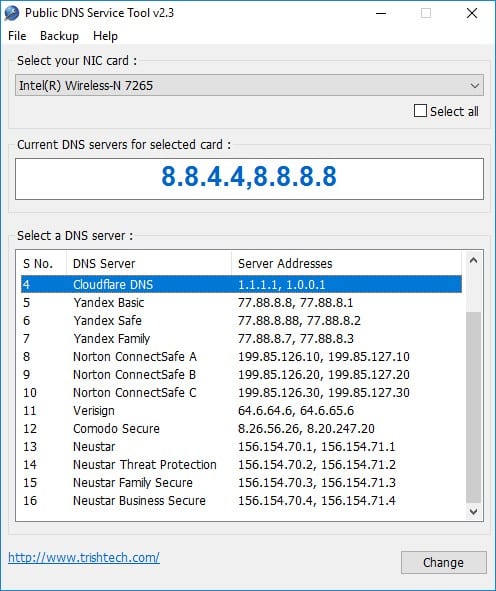

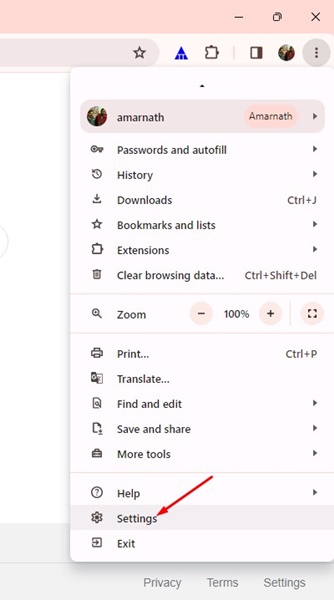
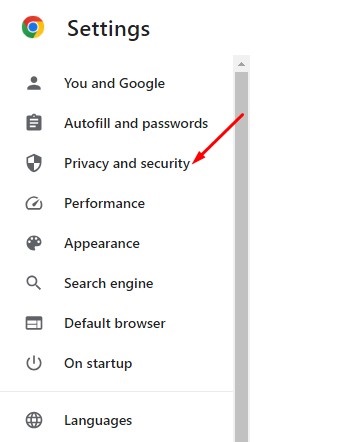
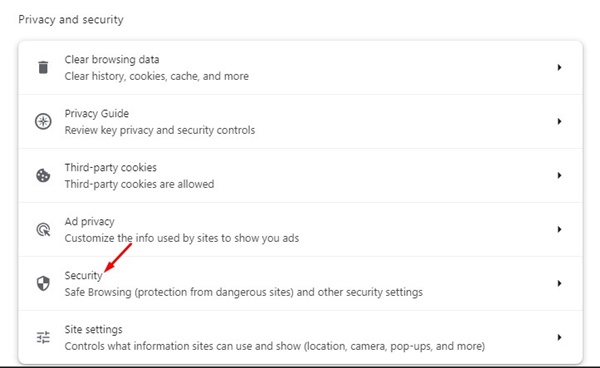
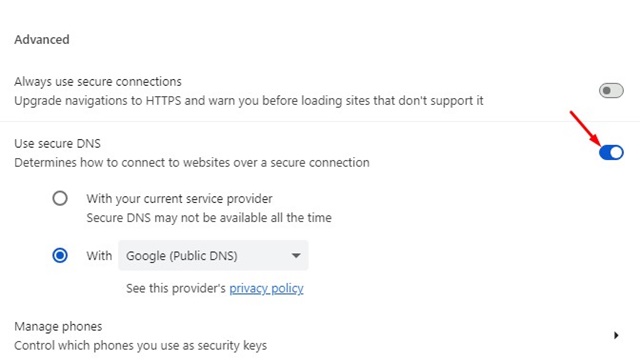
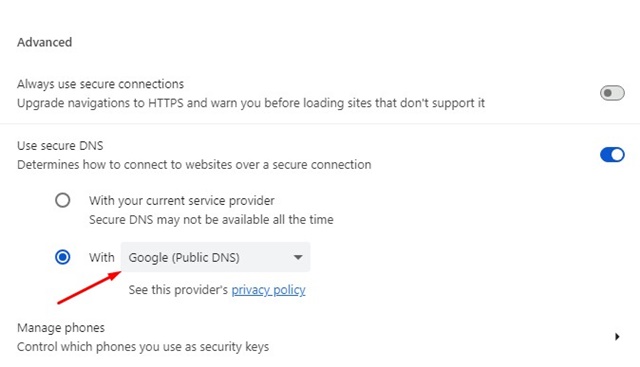
what about ipv6 network protocols?